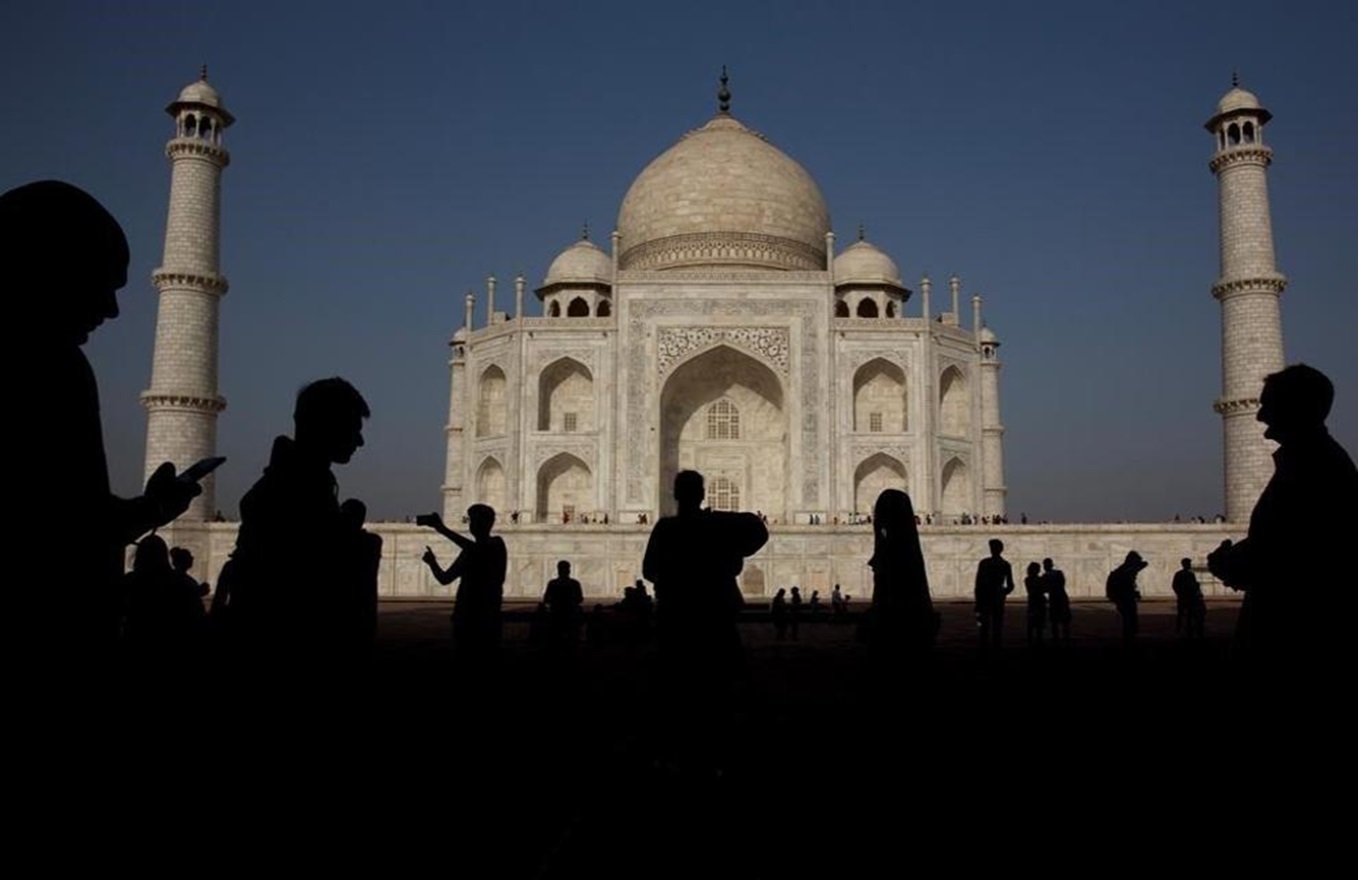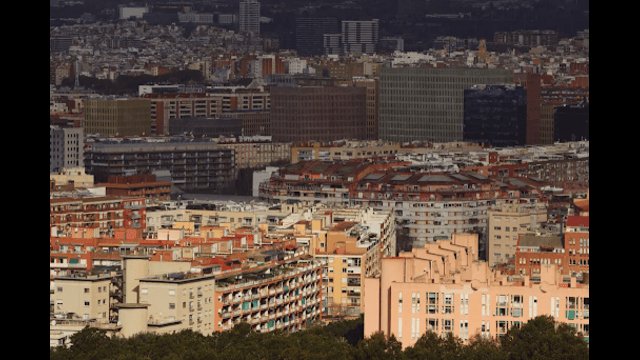
Indian and foreign tourists mingle outside the Taj Mahal, in Agra, India, Sunday, March 24, 2019. Immigration Minister Marc Miller says he's happy to hear India is restoring electronic visa services for Canadians after two months of diplomatic tensions between the two countries. THE CANADIAN PRESS/AP-Manish Swarup
On Wednesday, the long-awaited news arrived for Nazir Karnai—Canadians can once again apply online for tourist visas to India. Karnai, the president of Explore India Journeys based in Vancouver, expressed immense relief, considering the anxious two-month wait for this development.
India's high commission in Ottawa officially confirmed the reversal on social media, signaling the end of the suspension that halted visa processing for Canadians in India and at Indian missions in Canada.
This decision comes after a two-month hiatus that started in September when India ceased processing visas, leaving many Canadians in limbo. The suspension had followed Prime Minister Justin Trudeau's announcement in the House of Commons, citing credible information linking India's government to the killing of Canadian Sikh activist Hardeep Singh Nijjar. The 45-year-old activist was shot by masked gunmen in a targeted killing outside a gurdwara in Surrey, B.C., in June.
India had accused Nijjar of terrorism links, but it vehemently denied involvement in his death, dismissing the allegations as absurd. U.S. Secretary of State Antony Blinken, during his recent visit to India, urged New Delhi to cooperate with Canadian officials investigating Nijjar's death—an appeal Trudeau has echoed publicly.
Immigration Minister Marc Miller welcomed the end of the visa ban, expressing that it never should have happened in the first place and acknowledging it as encouraging news for travelers. However, he refrained from speculating on the reasons behind India's decision to halt visa processing, stating that he only knows what New Delhi has communicated publicly. India had initially argued that its diplomats in Canada couldn't safely perform their duties.
Tensions between India and Canada have historically surfaced due to India's concerns about Sikh separatist groups in Canada. Despite robust defense and trade ties, accusations of Canada harboring separatists and terrorists have strained diplomatic relations. Last month, Canada recalled 41 of its 62 diplomats from India after New Delhi threatened to strip their diplomatic immunity—a move Canada deemed a violation of the Geneva Convention.
In late October, India began easing visa restrictions, allowing business, medical, and conference visas, along with entry for individuals with family ties to India. However, the entry visa was initially limited to "persons of Indian origin" or their spouses and children. The recent development removes restrictions for tourists, students, journalists, and missionaries, marking a positive turn in bilateral relations.
For Karnai and many others, this news brings relief, especially as winter approaches, and numerous clients are planning trips to attend weddings in India. Karnai is pleased not only for his clients but also for both countries, seeing it as a positive beginning in their diplomatic relationship.















